Once hailed as the “Versailles of the Jungle,” the grand mansion of former Zairean dictator Mobutu Sese Seko now lies in haunting decay—overtaken by rats, bats, snakes, geckos, and other wild creatures. The opulent residence, nestled in Mobutu’s remote home village of Gbadolite in the Democratic Republic of Congo (formerly Zaire), has become a crumbling relic of a bygone era of extravagance and unchecked power.
Constructed at a staggering cost of £100 million, Mobutu’s private palace stood as a global symbol of excessive wealth and decadence. Boasting Italian marble, Katangese gold-plated doors, bulletproof glass, state-of-the-art Israeli communication systems, Jacuzzis, air conditioning, and even a private airport control tower, the estate sprawled across land the size of a small game park. It was adorned with exotic animals, including Indian tigers, and surrounded by tight security to reflect the dictator’s paranoia and power.
Now, the palace is a ghost of its former self. Its walls, once echoing with political meetings and lavish parties, now shelter wild insects, mega snails, scorpions, and birds. Nature has reclaimed the compound, transforming what was once the epitome of wealth into a cautionary tale.
Mobutu, who ruled Zaire with an iron fist for over three decades, fled into exile in 1997 and died later that year in Morocco. His family’s presence has since vanished from the mansion, leaving behind only whispers of excess and ruin. Locals pass by the crumbling estate, some in awe, others in contempt—reminded daily of the legacy of looted public wealth.
The fall of Mobutu’s palace serves as a stark lesson to modern-day rulers: the misuse of power and public resources may bring fleeting luxury, but history and justice often reclaim what was taken. The once-mighty dictator’s legacy now lies in ruins—a poignant warning to all leaders who put personal gain above national good.
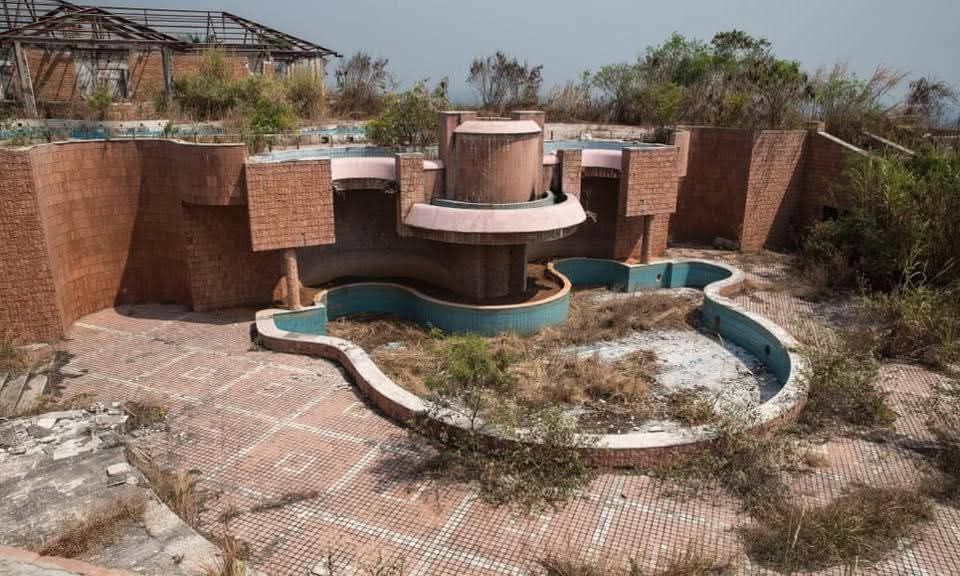
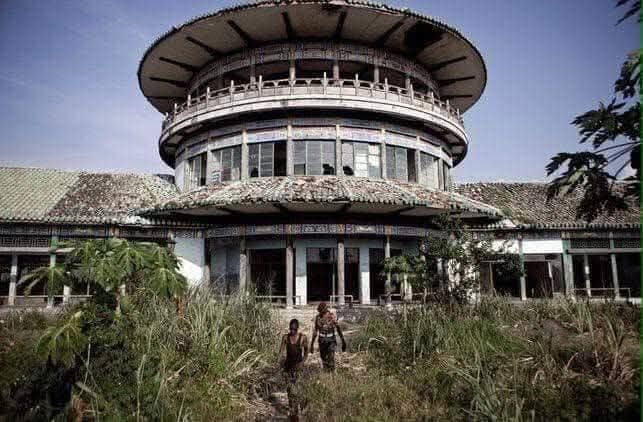
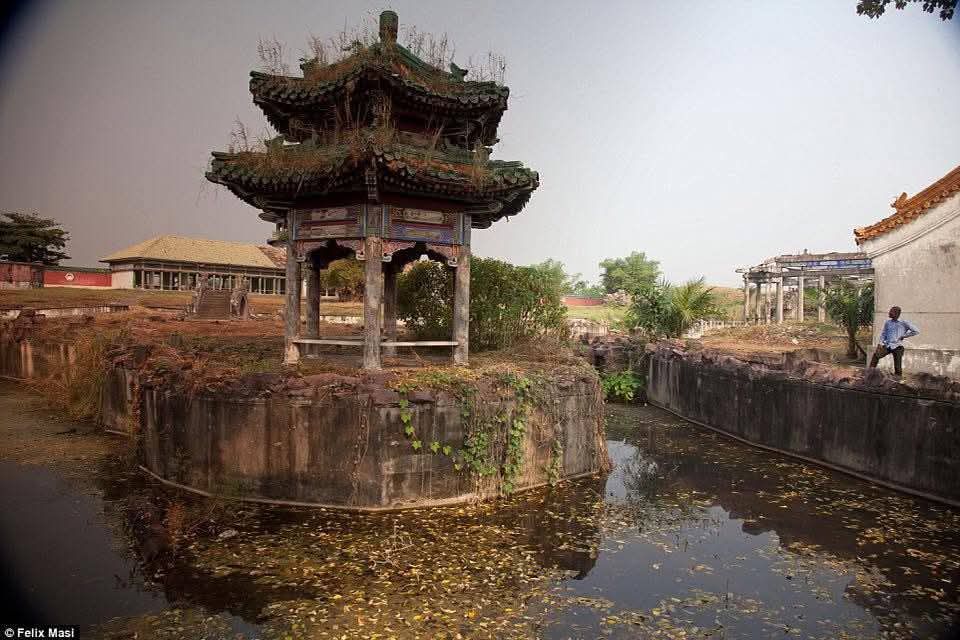
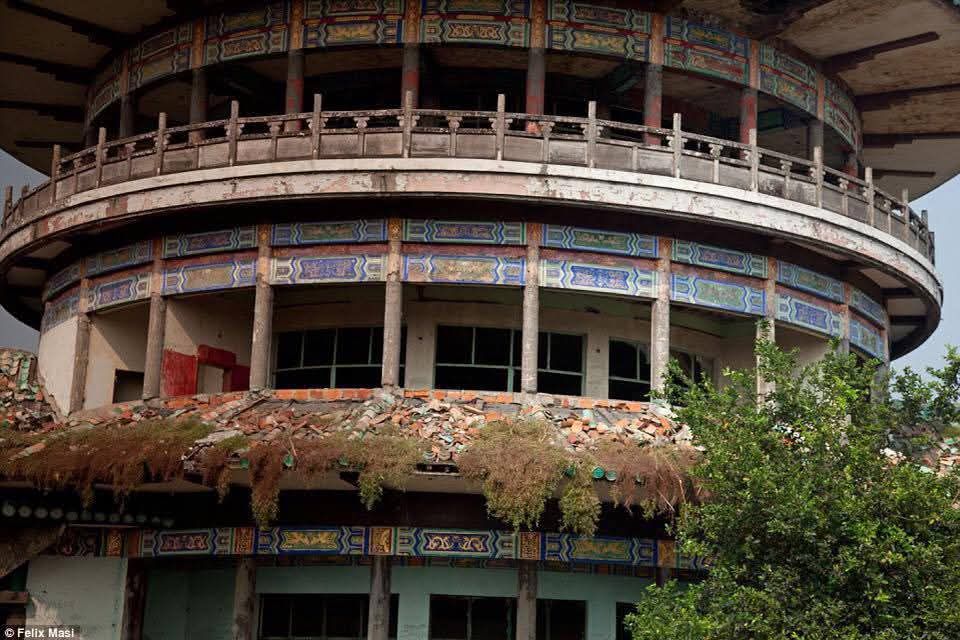
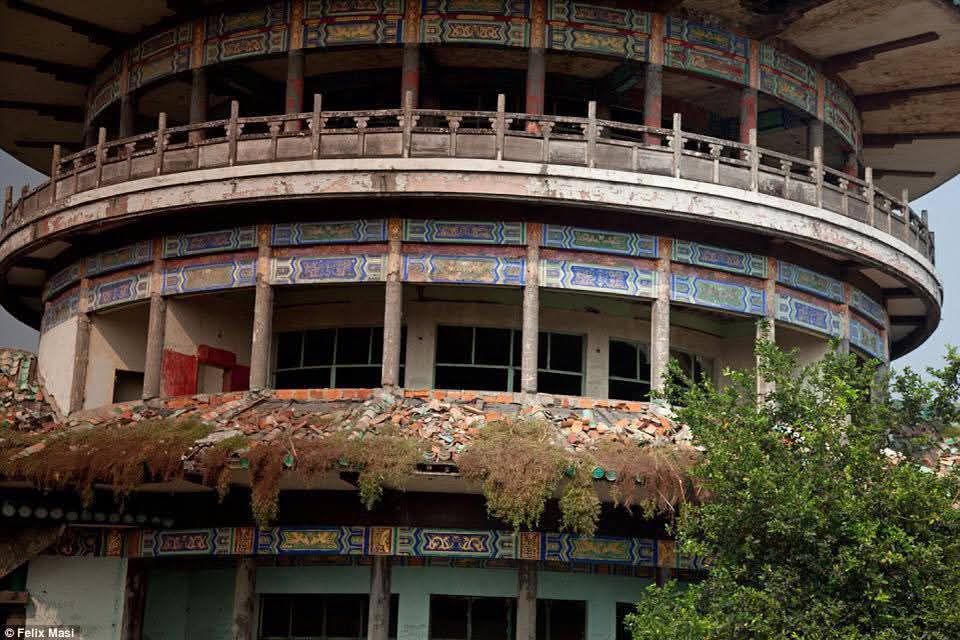
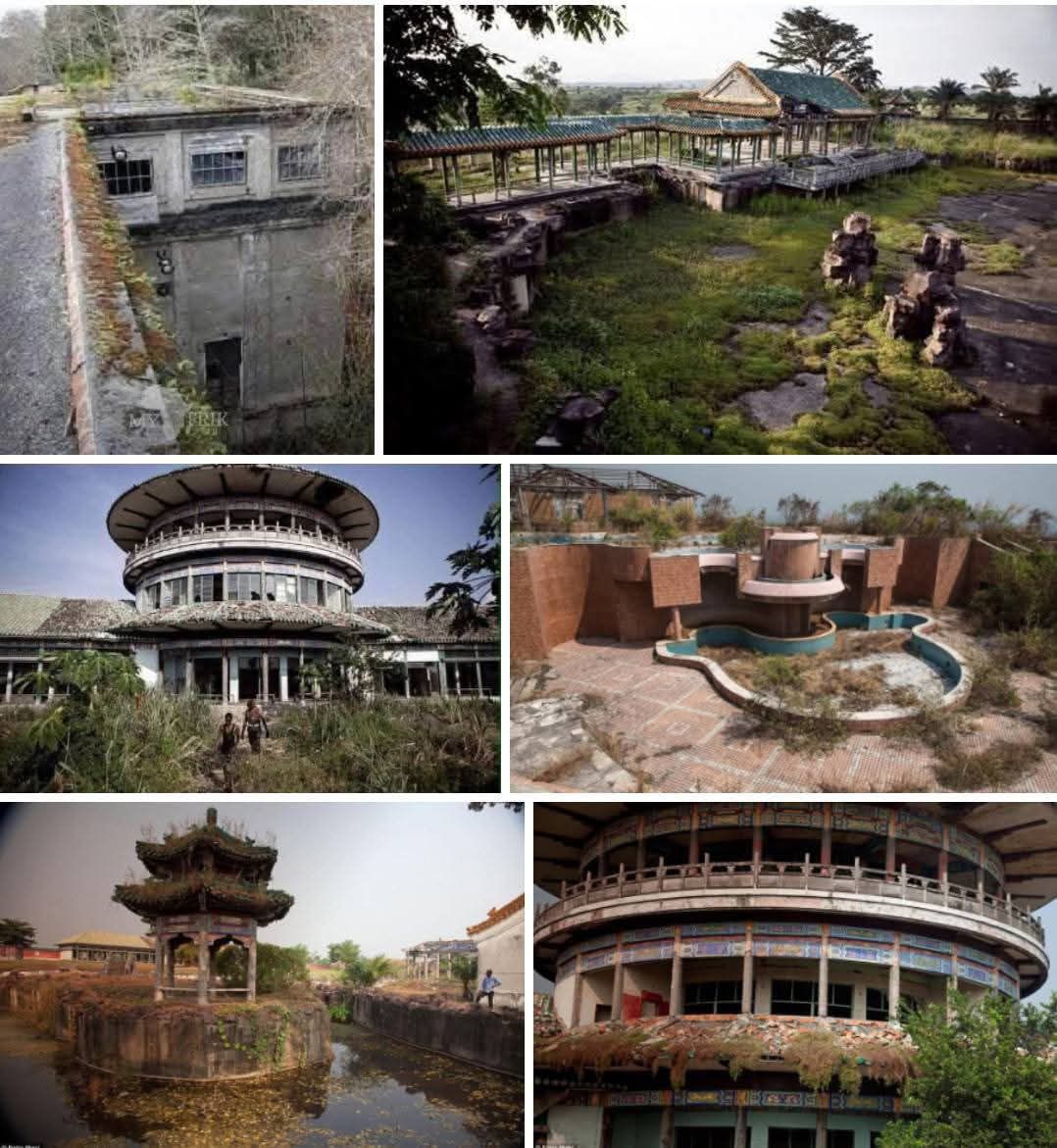
As the palace crumbles, so does the illusion of permanence in stolen power.








